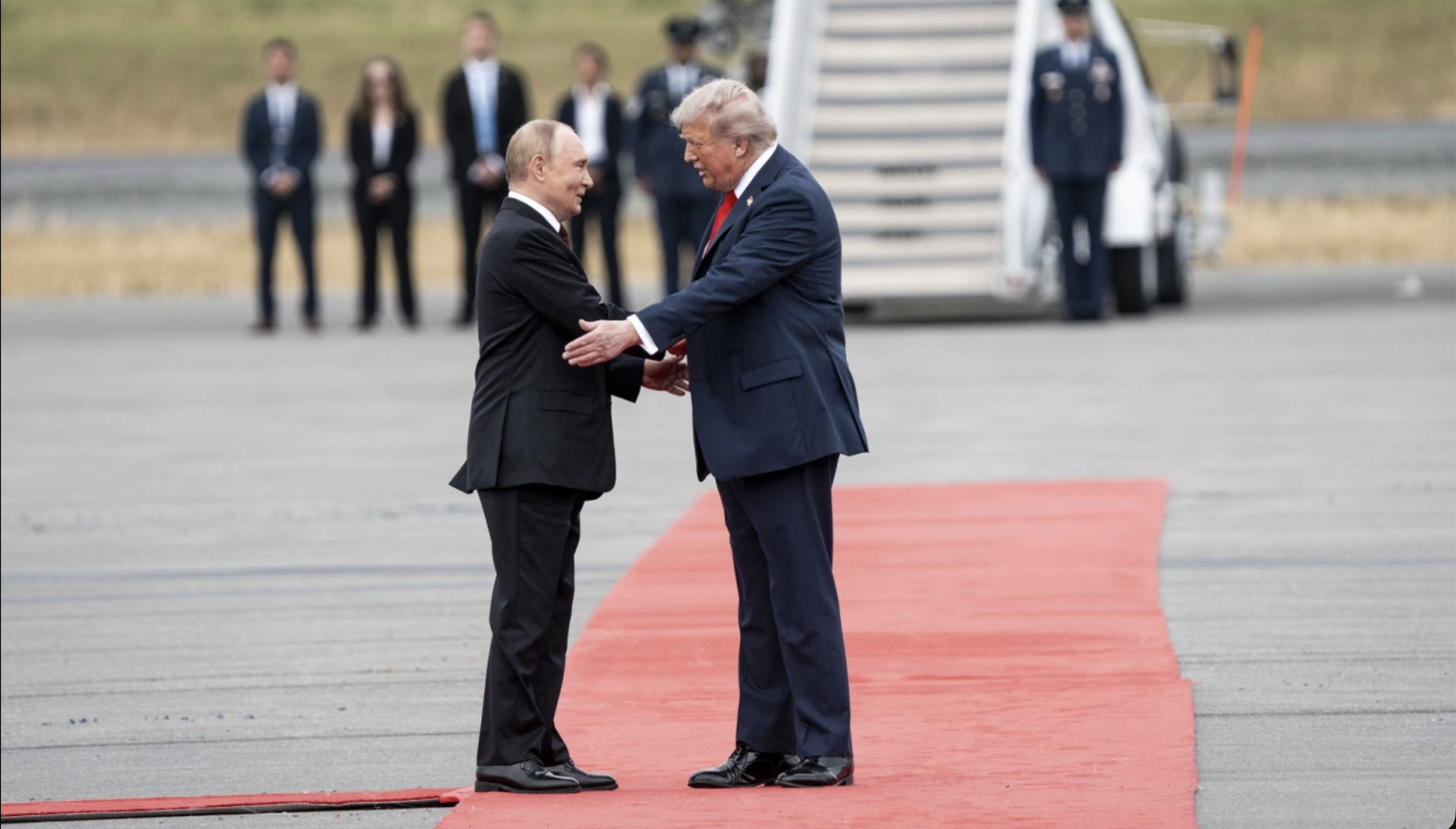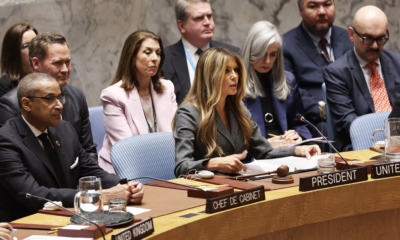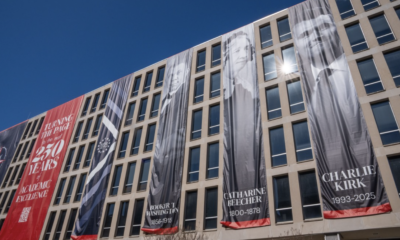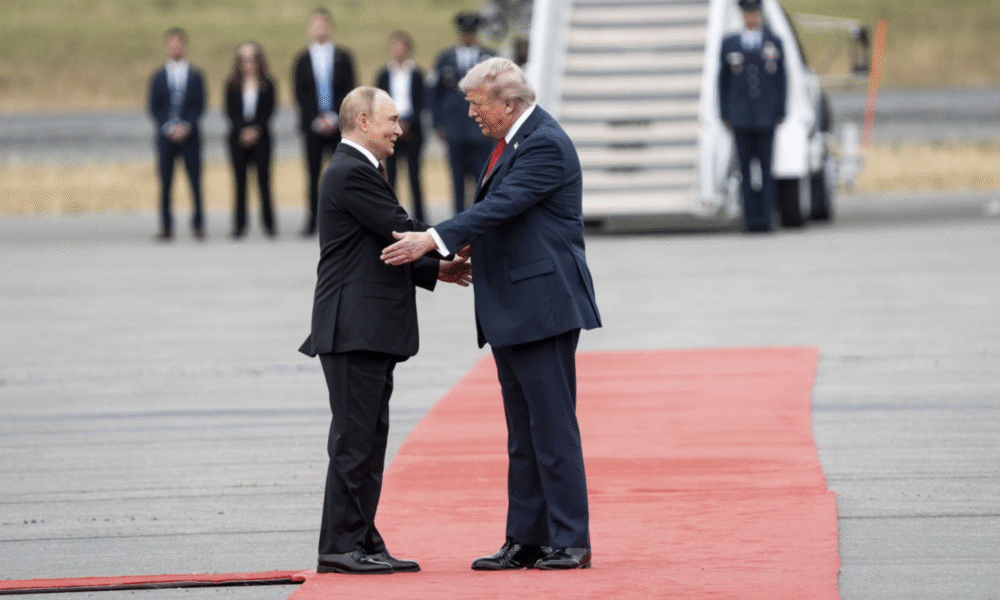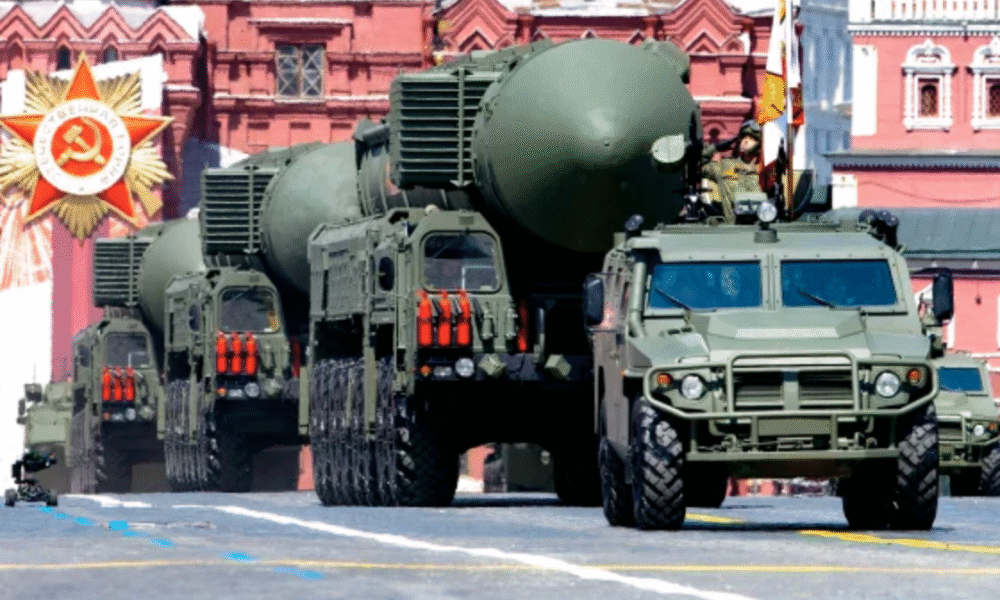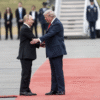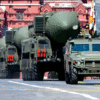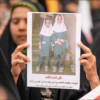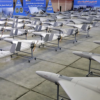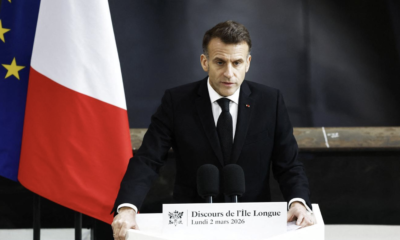News
Putin Offers Trump One-Year Nuclear Treaty Extension as New START Deadline Looms
With the New START Treaty—the last remaining U.S.-Russia nuclear arms accord—set to expire in February 2026, Russian President Vladimir Putin has proposed a one-year voluntary extension of the treaty’s limits. The offer, announced on September 22 during a meeting of Russia’s Security Council, hinges on U.S. reciprocity under President Donald Trump.
“Russia is prepared to continue adhering to the central numerical limits under the New START Treaty for one year after February 5, 2026,” Putin declared. “Subsequently, based on an analysis of the situation, we will make a decision on whether to maintain these voluntary, self-imposed restrictions.”
The offer comes at a time of heightened East-West tensions, primarily driven by the war in Ukraine and U.S. pressure for harsher sanctions on Moscow.
White House Reaction: “Pretty Good”
White House press secretary Karoline Leavitt described Vladimir Putin’s proposal as sounding “pretty good,” but confirmed that Donald Trump would respond personally. Trump has previously expressed interest in maintaining the treaty’s caps but has also floated the idea of negotiating a broader deal that would involve China—a suggestion Beijing has firmly rejected.
The New START treaty, signed in 2010, caps both nations at 1,550 deployed strategic nuclear warheads and 700 delivery systems such as missiles, submarines, and bombers. Experts warn that if the treaty lapses, the world’s two largest nuclear powers could embark on a destabilising arms race.
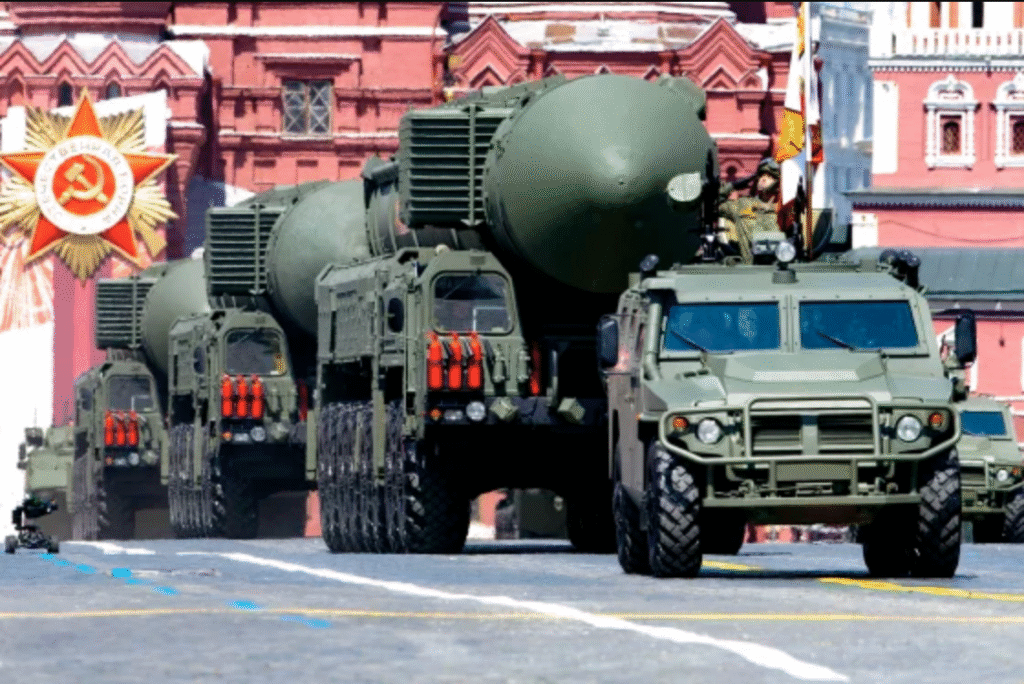
Russia offers a one-year extension for the START nuclear treaty to the U.S.
Pressure From Ukraine and Global Stakes
Putin’s move appears to be both a strategic and diplomatic calculation. Facing sustained pressure from Trump to agree to end the war in Ukraine, Moscow is signalling flexibility on arms control as a potential bargaining chip.
“This measure will only be viable if the United States acts in a similar manner, and does not take steps that undermine or violate the existing balance of deterrence,” Putin cautioned.
He also issued a warning that U.S. plans to expand missile defences—including potential deployment of interceptors in space—could nullify Russia’s efforts to maintain strategic stability.
Experts See Positive Signal
Arms control advocates welcomed the development. Daryl Kimball, executive director of the Arms Control Association, called the proposal “a positive and welcome move,” urging Washington to reciprocate.
“Trump and Putin could help reduce the most immediate existential security threat facing the world,” Daryl Kimball said, emphasising that even a temporary extension buys crucial time for broader negotiations.
Path Ahead Still Unclear
So far, no formal talks have begun on extending or overhauling New START, underscoring the fragility of arms control at a moment many analysts describe as the most dangerous since the Cold War.
Konstantin Kosachyov, a senior Russian senator, argued that Putin’s message was a clear invitation to Washington: “I hope that this signal will be heard and correctly interpreted.”
Whether Trump will seize the opportunity—or seek to reshape the framework entirely—remains the central question. With the clock ticking toward February 2026, the fate of global nuclear stability hangs in the balance.


